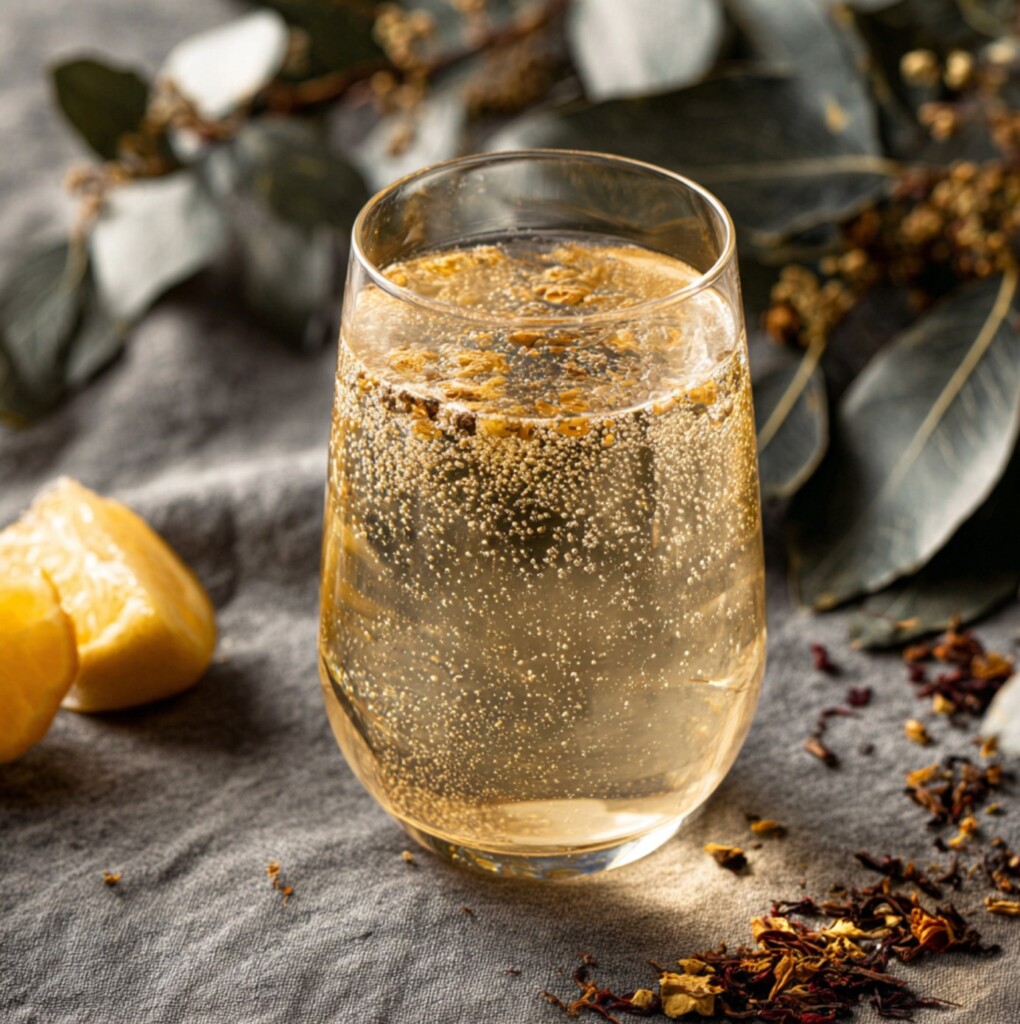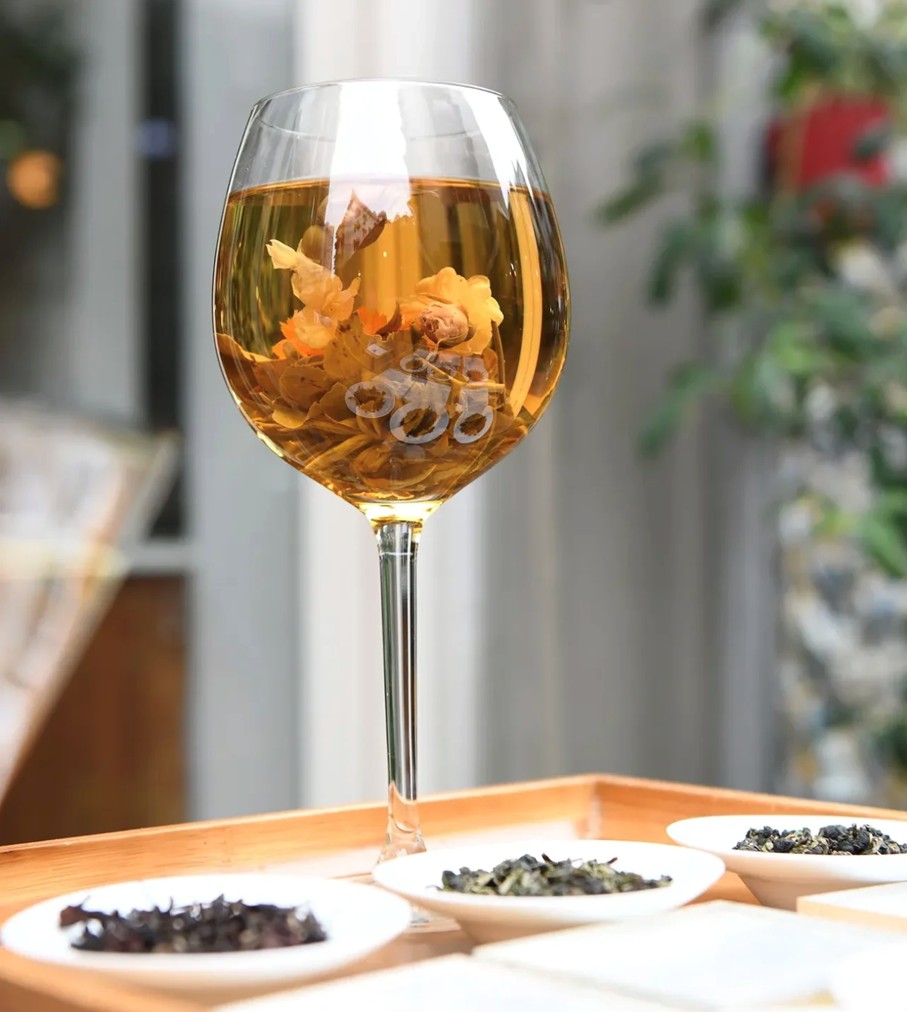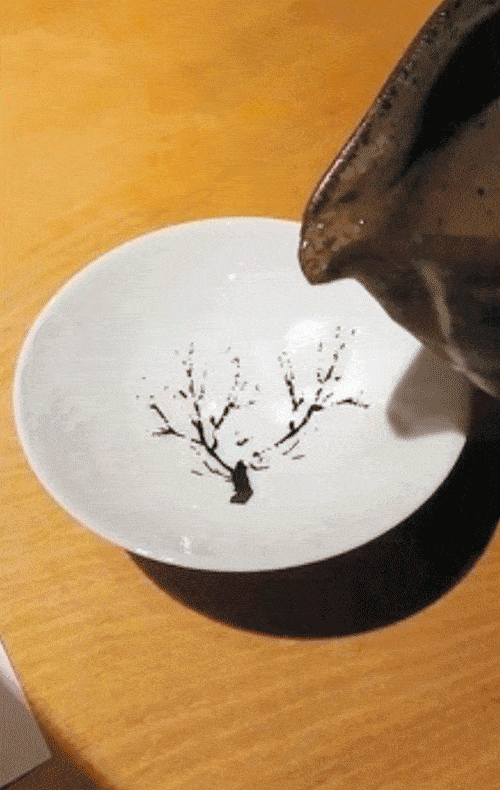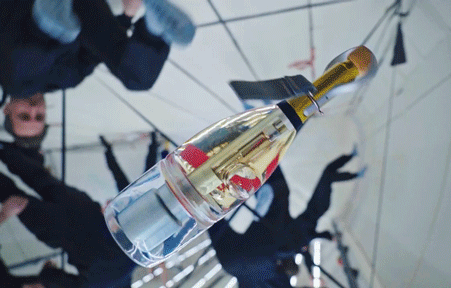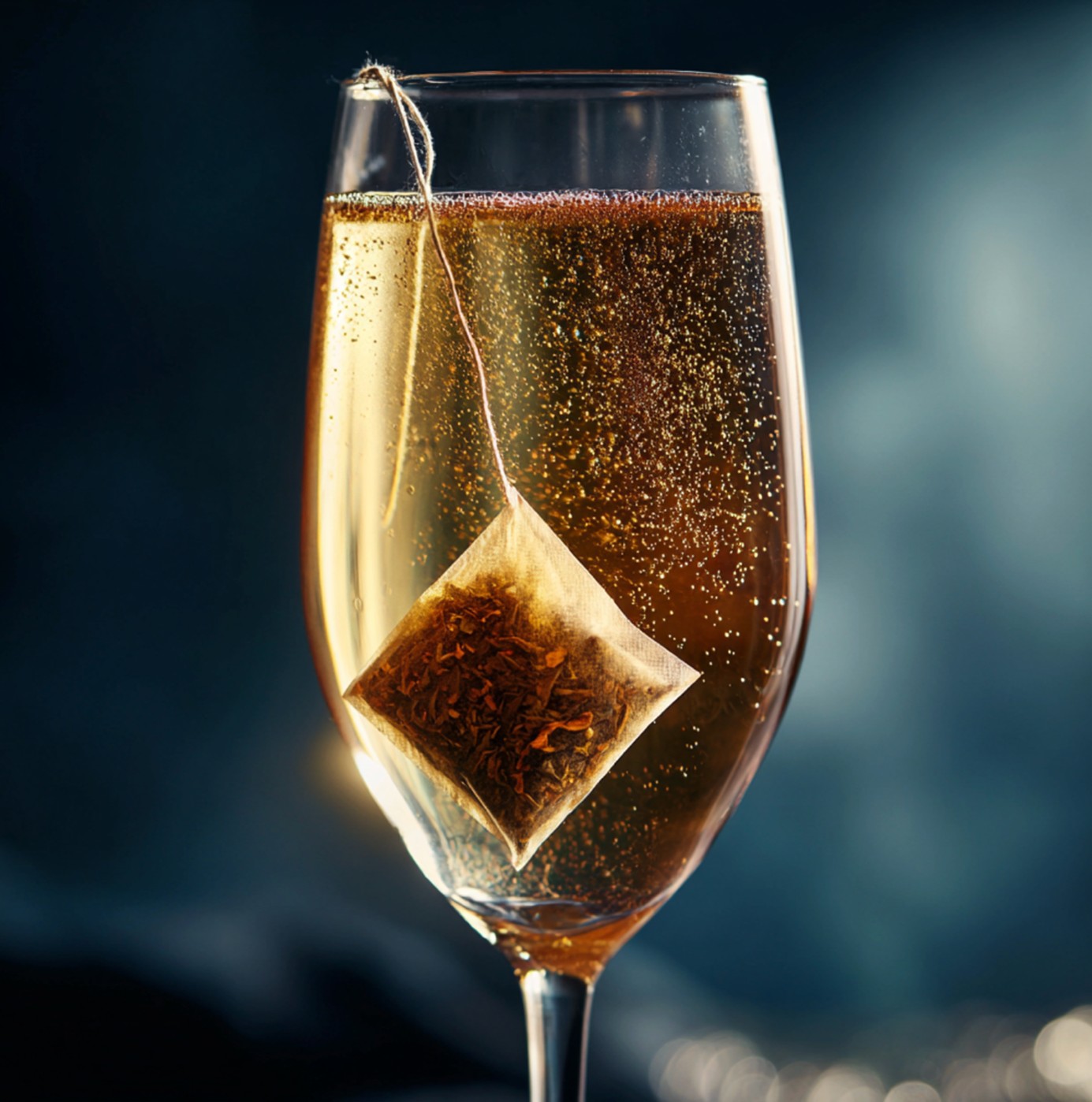
Tea Wine: When Tea Turns into Wine
Tea wine anyone? Stepping into the soft light of the Sanxun showroom in Beijing, one is immediately struck by the subtle balance between tradition and modernity.
On lacquered wooden low tables, elegant bottles seem to invite a tasting that is almost ceremonial. Here, tea is not just an infusion—it becomes wine.
What is Tea Wine?
Tea Wine is neither a spirit nor a simple wine: it is a fermented beverage, often fruit-based—plum, apple, or grape—into which Chinese teas such as oolong, jasmine, or osmanthus are infused to reveal their full aromatic complexity. With a moderate alcohol content (10–12%), it can be enjoyed chilled or in a cocktail, offering a unique marriage of fruity roundness and the tannic notes of tea.
The result? A delicate and refined experience that appeals equally to wine lovers and tea enthusiasts.
The Philosophy Behind the Glass
Tea Wine embodies a modern reinterpretation of Chinese traditions. It celebrates the millennia-old culture of tea while responding to a global trend: low-alcohol drinks that are complex yet accessible. Like Japanese sake or Korean makgeolli before it, Tea Wine serves as a bridge between cultural heritage and contemporary innovation.
Sanxun Tea Wine: A Pioneer
Sanxun (三旬) perfectly illustrates this approach. Their creations combine flavor and creativity:
• Oolong & Grapefruit
Fresh and aromatic
• Jasmine & Green Plum
Floral and tangy
• Osmanthus & Apple
Fruity and lightly sweet
The brand’s slogan, “Modern Chinese Tea in a Glass”, perfectly captures its ambition: to offer a ready-to-drink beverage or one to integrate into innovative cocktails, appealing to both consumers and bartenders exploring low-ABV trends.
Immersed in the Sanxun Chinese Cocktail Competition
From September 5 to 6, Beijing hosted 23 bartenders from across China in the Sanxun Chinese Cocktail Competition to create original cocktails using Tea Wine. The atmosphere was unique: traditional Chinese instruments (guzheng, erhu, pipa) in the background, participants in traditional attire, cocktails served in elegant vases or cups.
Among the judges:
• Paul Zhang (China), pioneer of modern Chinese cocktails
• Agung Prabowo (Indonesia), expert in creativity and sustainable bars
• Match Chan (Hong Kong), luxury and independent bar specialist
The grand winner, Ryan from SanYou Bar in Guangzhou, impressed with Life Veins, a cocktail made entirely from Chinese ingredients—rice, plums, osmanthus, mulberries, and litsea—telling a story of tradition and innovation.
Tea Wine: A Promising Future
Beyond the competition, Tea Wine is establishing itself as a symbol of a dynamic China, where respect for tradition converses with contemporary creativity. Every sip combines history, culture, and modern pleasure—a true invitation to rediscover tea in a new light.
Copyright Alpana Saikia
Assamese entrepreneur Alpana Saikia created a tea wine after previously crafting fruit wines from peach, banana, and pineapple. Carefully fermented and aged for several weeks, her tea wine has received high praise and is expected to be marketed soon, combining the rich flavors of Assam tea with the charm of wine.
Don’t drink and drive. Enjoy responsibly.
News
Stay tuned and discover all the news in the Spirits World for professionals and amateurs, by our Spirits Hunters’ experts.
See all posts in this category. Join the community on Reddit
Join the community on Reddit
Spirits Hunters is a community dedicated to spirits and the world of mixology. Feel free to talk about the world of mixology and bartending here!
Join


